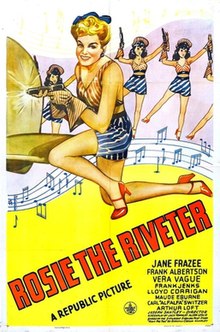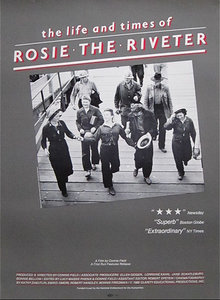
The Life and Times of Rosie the Riveter is a 1980 documentary film and the first movie made by Connie Field about the American women who went to work during World War II to do "men's jobs." In 1996, it was selected for preservation in the United States National Film Registry by the Library of Congress as being "culturally, historically, or aesthetically significant."

Radcliffe College was a women's liberal arts college in Cambridge, Massachusetts, and functioned as the female coordinate institution for the all-male Harvard College. Considered founded in 1879, it was one of the Seven Sisters colleges and held the popular reputation of having a particularly intellectual, literary, and independent-minded female student body.

The Radcliffe Institute for Advanced Study at Harvard University—also known as the Harvard Radcliffe Institute—is a part of Harvard University that fosters interdisciplinary research across the humanities, sciences, social sciences, arts, and professions. It is the successor institution to the former Radcliffe College, originally a women's college connected with Harvard.

Rosie the Riveter is an allegorical cultural icon in the United States who represents the women who worked in factories and shipyards during World War II, many of whom produced munitions and war supplies. These women sometimes took entirely new jobs replacing the male workers who joined the military. Rosie the Riveter is used as a symbol of American feminism and women's economic advantage.
Eve Merriam was an American poet and writer.

LeBaron Russell Briggs was an American educator. He was appointed the first dean of men at Harvard College, and subsequently served as dean of the faculty until he retired. He was concurrently president of Radcliffe College and the National Collegiate Athletic Association.

Francis Healey Albertson was an American actor who had supporting roles in films such as It's a Wonderful Life (1946) and Psycho (1960).

The Arthur and Elizabeth Schlesinger Library on the History of Women in America is a research library at the Radcliffe Institute for Advanced Study, Harvard University. According to Nancy F. Cott, the Carl and Lily Pforzheimer Foundation Director, it is "the largest and most significant repository of documents covering women's lives and activities in the United States".
Philinda Parsons Rand Anglemyer (1876–1972) was an American English-language teacher in the Philippines. She was among the pioneering five hundred Thomasites who landed on the shores of the Philippines in August 1901 on board the United States Army Transport Thomas.
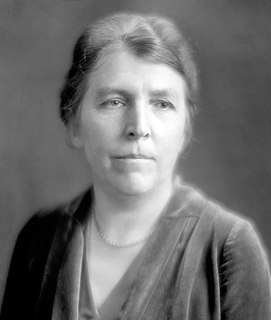
Ada Louise Comstock was an American women's education pioneer. She served as the first dean of women at the University of Minnesota and later as the first full-time president of Radcliffe College.
Zarela Martínez is a New York City-based restaurateur and cookbook author. She learned cooking from her mother Aida Gabilondo, also a cookbook author. Martínez serves on the Board of Directors for the Mexican Cultural Institute of New York.
Rosie the Riveter is a cultural icon representing the working women of the United States during World War II.
Jane Kamensky, an American historian, is a professor of history at Harvard University. She is also the Carl and Lily Pforzheimer Foundation Director of the Schlesinger Library.
Kip Tiernan was a social activist.
The Black Women Oral History Project consists of interviews with 72 African American women from 1976 to 1981, conducted under the auspices of the Schlesinger Library of Radcliffe College, now Radcliffe Institute for Advanced Study.
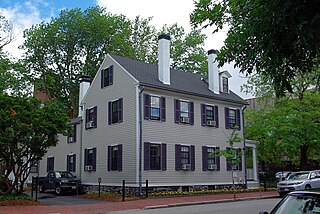
The Harvard-Radcliffe Program in Business Administration was a joint program of Radcliffe College and Harvard Business School intended to provide women with post-graduate education in business administration.
Susan Ware is an independent scholar, writer and editor who lives in Cambridge, Massachusetts, and Hopkinton, New Hampshire. The author of eight biographies, two edited collections, and co-editor of a textbook, Ware is a specialist on twentieth century women's political and cultural history, and the history of popular feminism.
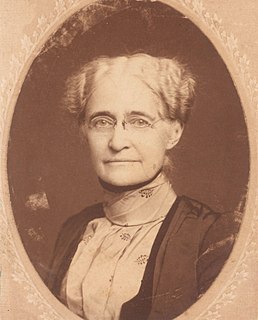
Mary Jane (Whitely) Coggeshall was an American suffragist known as the "mother of woman suffrage in Iowa". She was inducted into the Iowa Women's Hall of Fame in 1990.

Frances Mary Albrier was a civil rights activist and community leader.

Alberta Virginia Scott was an American educator. She was the first African-American graduate of Radcliffe College, in 1898.
